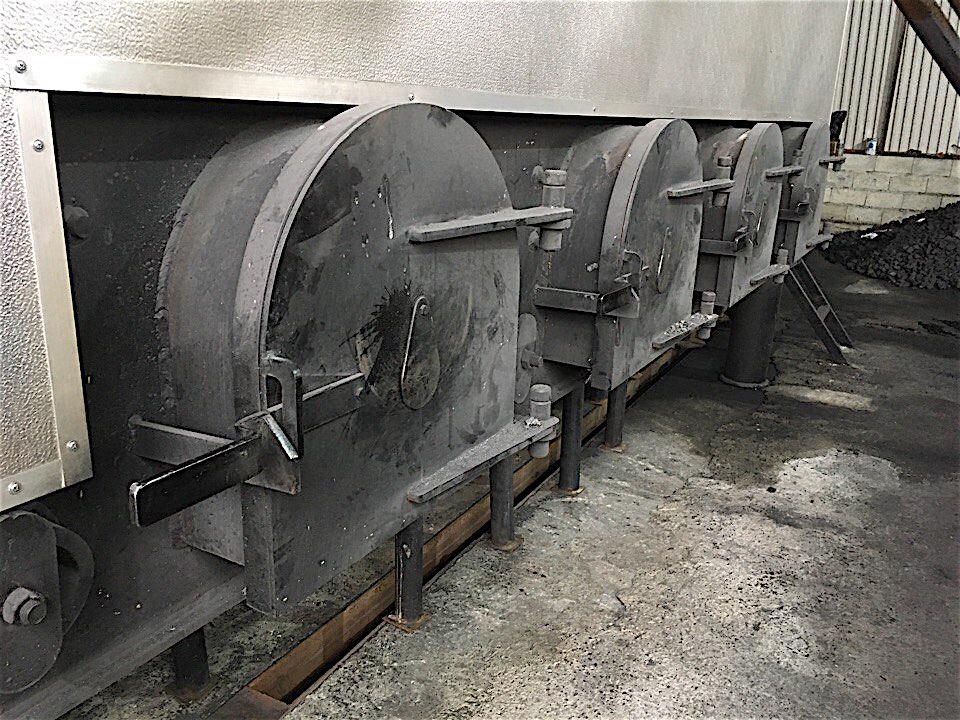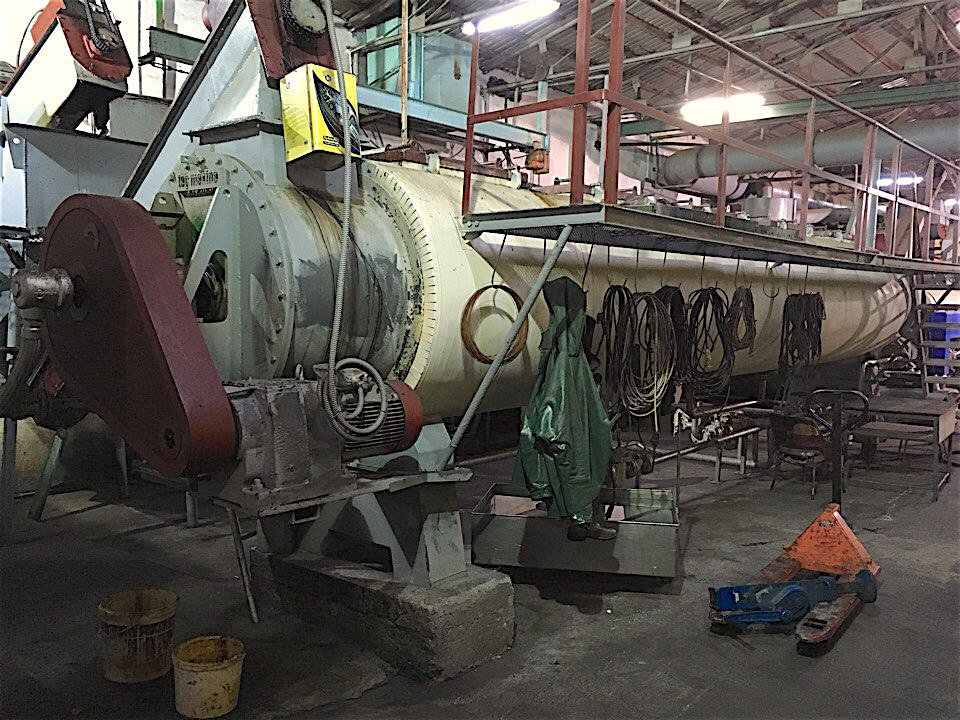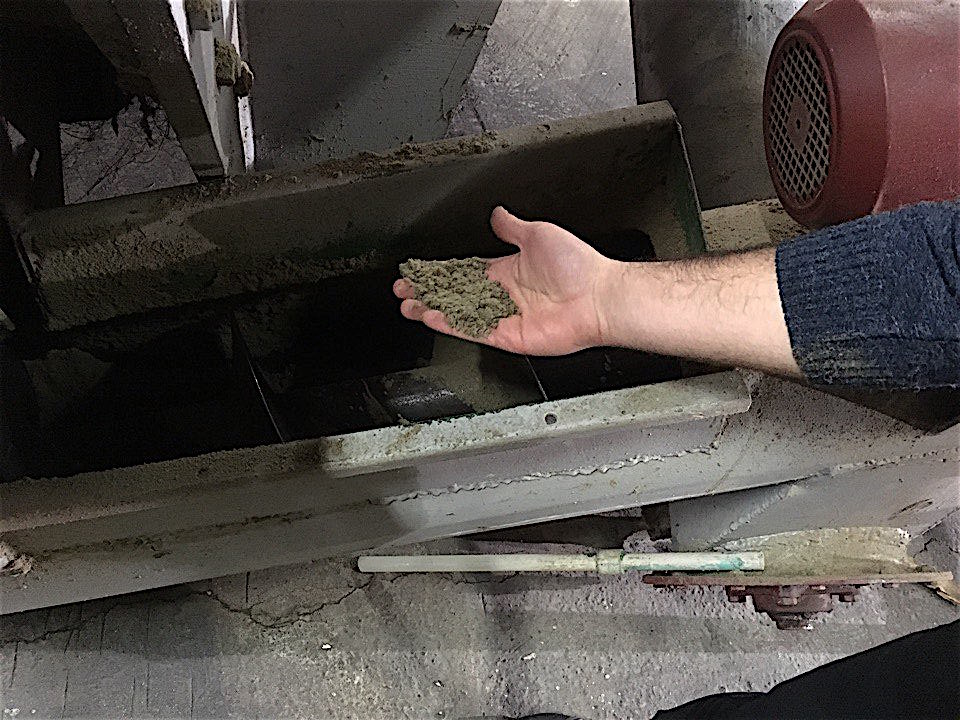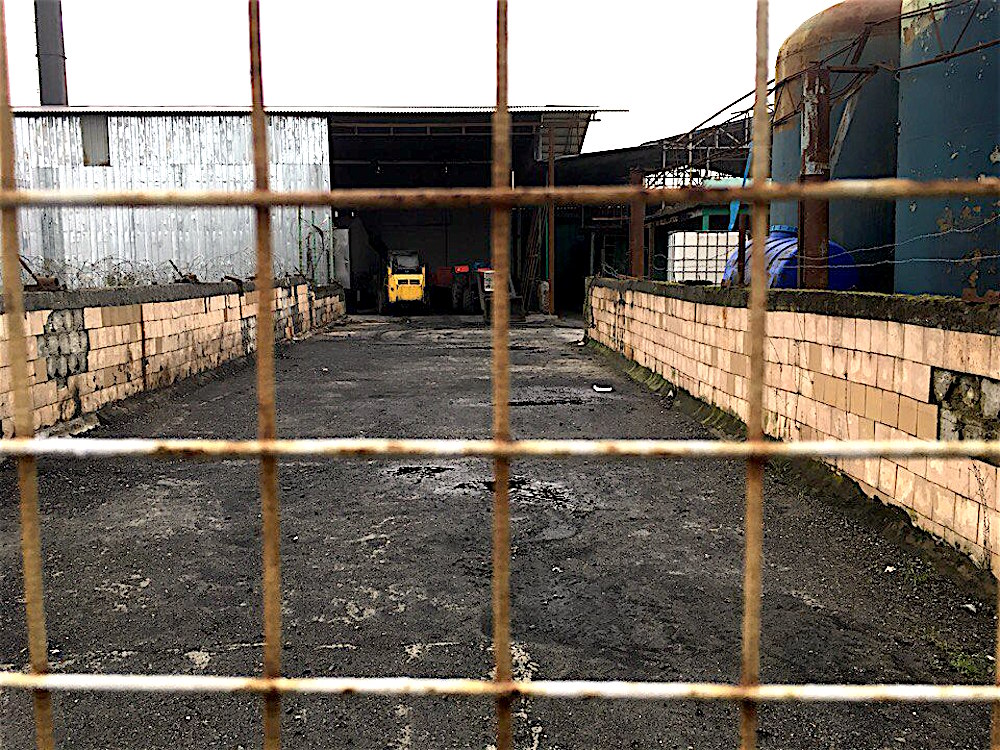Abkhazia's predatory fishing industry will kill off much more than just the fish
A serious problem is facing the Abkhazian economy: its fish populations along its shores are being decimated. The fishing industry in Abkhazia is one of the main sources of income for the republic and provides many with jobs.
But in 2017, because of the destruction wrought on local fish populations, the expected quota of 40 000 tonnes of fish was reduced by three-quarters, and only 11 000 tonnes were caught. For 2018, the quota is 20 000 tonnes.
We looked into what investments are at stake in the fishing industry in Abkhazia, how it works and what the future might look like.
An industry built on violations

In the beginning of 2018, several fishing boats violated the rules of the industry and came closer to the shore than the 500 meter distance they are obliged to maintain. Social media exploded with discussions on the issue.
However, there has been no decisive reaction from the government.
Such violations take place again and again. Over the years, local residents have held protests in an attempt to get the attention of the authorities and civil society. There were cases in which locals even shot at fish trawlers that came too close to the shore.
But still, they haven’t succeeded in changing the situation.
Fishing violations take place mainly in Gagra and Pitsunda, which in Soviet times were considered reservations and which were protected by law.

Fishing along the shores is dangerous because it leads to the decimation of the fish population.
“Anchovies are the main fish sought by the trawlers. However when the fishing boats come too close, they destroy the anchovies’ food sources as well as other smaller organisms,” says Albert Bondarenko, the chairman of the Board of the Federation of Fishing and Hunting Sport of Abkhazia.
The results of such activities, he says, could be catastrophic for local fish populations.
“It takes between 5 to 15 years for the food source to be replenished. This means that every time a large ship enters shallow waters, a part of the fish population either dies off or is reduced to significantly smaller numbers. And every year, there will be less and less fish – that’s what we’re seeing now. And this is true not only of anchovies, but of other kinds of fish too, such as salmon and flounder,” says Bondarenko.
Low fines

The cabinet of ministers of Abkhazia passed a resolution several years ago which sets the minimum distance for fishing boats at 500 meters from the shore. The maximum fine that companies can receive is 3 000 roubles, which is about USD 55.
Local residents say that it is because the fines are so low that fishing boats tread into waters closer to the shore.
“If fishing trawlers were categorically forbidden from fishing after violating the minimum distance, they would think twice before coming in nearer,” says local Sukhum resident Aleksandr.
“These fines are just pennies really, it is not particularly difficult for owners of fishing boats to pay them off. They catch so many fish that the fee they have to pay is almost insignificant. And our [local] fisherman can’t make a decent day’s catch after they [the trawlers] come in,” says Gagra resident Artur.
Production and export

Starting from 12 December 2017, when the official fishing season started, up until 11 January 2018, statistics have shown that trawlers caught 7 500 tonnes of anchovies.
In 2016 this number was 11 000 tonnes by comparison. Specialists say that this winter the weather was particularly warm and the low yield could be attributed to this; in warmer waters, fish are less likely to stick together in large schools.
Usually during this season residents of the Sukhum district of Mayak, where one of the fish factories is located, complain about the strong smell of fish. Many say that it smells rotten, while others say that it reminds them of ‘something akin to fried fish’. However, no one was bothered by the fish smell this year.
“There’s no fish, that’s why there’s nothing to do. We’re waiting for them to bring them in,” says one of the workers at the local fish factory.
He didn’t want to give his name, but he gave details as to how the fish is processed and to where the main products of Abkhazia’s fish industry, fish meal and fish oil, are exported.


Six Abkhaz-Turkish firms are involved in fish meal and fish oil production. Some of them were created entirely through Turkish investments, while others have come about through local money.
The produce is then exported to Turkey and Russia.
The price depends on a number of conditions and factors, and the product can vary between 900 and 1 500 dollars per tonne.



Not only the fish will suffer
Abkhaz historian Ruslan Bartsyts says that there are a number of historical monuments on the bottom of the Black Sea near the Abkhaz shores, in addition to ancient sunken ships which still hold surprising shipments, old anchors and other objects.
“In New Athens, for example. In the year 555 the Battle of Trachea took place, and many ships sank. When trawlers catch fish, they often pick up ancient amphorae [ed. Jugs]. But these aren’t interesting to businessmen involved in the fishing business… and these invaluable finds are often broken and damaged,” says Ruslan Bartsyts.
He says that, despite a number of attempts, scientists aren’t allowed on board the trawlers and they aren’t allowed to examine the ancient finds. “They only allow ‘ecologists’ onboard,” he says.
“However, fisherman found an enormous anchor,” says Bartsyts. They tried hauling it up onto the deck, but it was too heavy, so they let it go. And now it lies along the shore of New Athens. That is, until the sea takes it away.



















